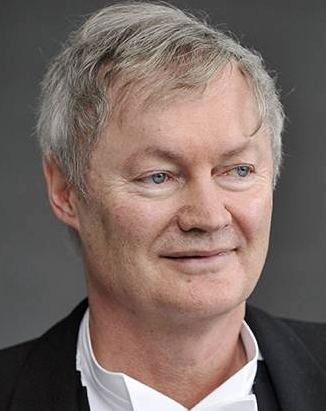
Solar cells function like leaves
Michael Grätzel is a chemist who invented a new type of solar cell to convert sunlight into electricity. This is a dye-sensitised cell that mimics the natural process of photosynthesis in green plants, the sensitised dye taking on the function of chlorophyll. Unlike standard silicon cells, which are quite expensive, the ‘Grätzel’ cell can be made with relatively inexpensive materials. It therefore offers one of the most promising ways of exploiting solar energy and is especially useful for generating electricity in small installations, for example in the developing world.

